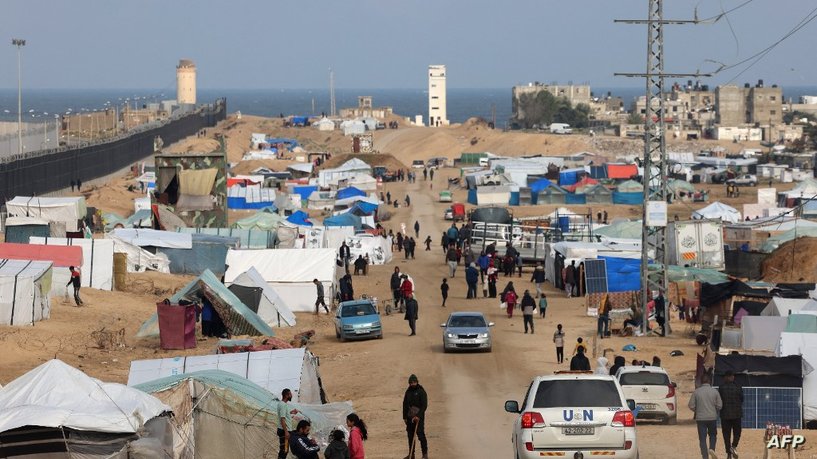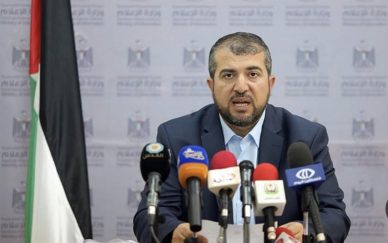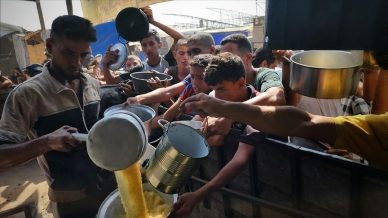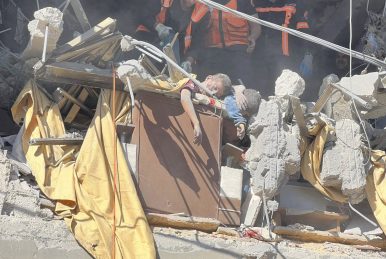RAFAH, (PIC)
The Rafah Municipality in southern Gaza announced on Saturday that it is halting the provision of fuel necessary for operating private and agricultural wells due to the ongoing severe Israeli blockade and the closure of crossings and the consequent depletion of fuel.
Rafah Mayor Ahmed Al-Sufi explained that the municipality had been supplying fuel to operate 80 private and agricultural water wells, in addition to the main wells, to ensure water access to neighborhoods where residents have returned amidst deteriorating humanitarian conditions.
In a press statement, he noted that the fuel shortage forces the municipality to reduce the services provided and freeze essential and vital services, threatening the lives of thousands and exacerbating the health and environmental crisis.
He said, “We are facing an impending humanitarian disaster, as the deprivation of water exposes residents to serious diseases at a time when they are already facing harsh living conditions due to the ongoing aggression and blockade.”
Al-Sufi clarified that the water crisis in Rafah is escalating dangerously, with no solutions in sight due to Israel’s intransigence and its continued prevention of essential supplies. He warned of an uncontrollable health and humanitarian disaster.
He called on all international and humanitarian organizations to urgently intervene and pressure Israel to open the crossings and allow immediate entry of fuel and relief materials to avoid further deterioration of living conditions.
Al-Sufi emphasized that the silence of the international community regarding this crime will lead to dire consequences for the lives of Gaza’s residents.
Following the end of the first phase of the ceasefire agreement in Gaza, the Israeli occupation authorities closed the Kerem Shalom crossing—the only passage for humanitarian aid and fuel—claiming that Hamas refused to respond to a U.S. proposal for a temporary ceasefire during Ramadan and the Jewish Passover.
Israeli Prime Minister Benjamin Netanyahu has distanced himself from starting the second phase of the agreement, as he seeks to release more Israeli captives without fulfilling the commitments of this phase, especially ending the genocide and completely withdrawing from Gaza.
Netanyahu wants to extend the first phase of the exchange deal to free as many Israeli captives in Gaza as possible without offering any concessions or completing the military and humanitarian obligations imposed in the ceasefire agreement, to appease the extremists in his government.
Earlier on Friday evening, Hamas announced that it had agreed to release an Israeli soldier with American citizenship, in addition to four corpses of dual-national captives, in response to a new proposal to resume ceasefire negotiations in Gaza and prisoner exchanges.
Meanwhile, the White House claimed that Hamas is making unrealistic demands in the negotiations that prevent reaching a permanent ceasefire agreement in Gaza.














